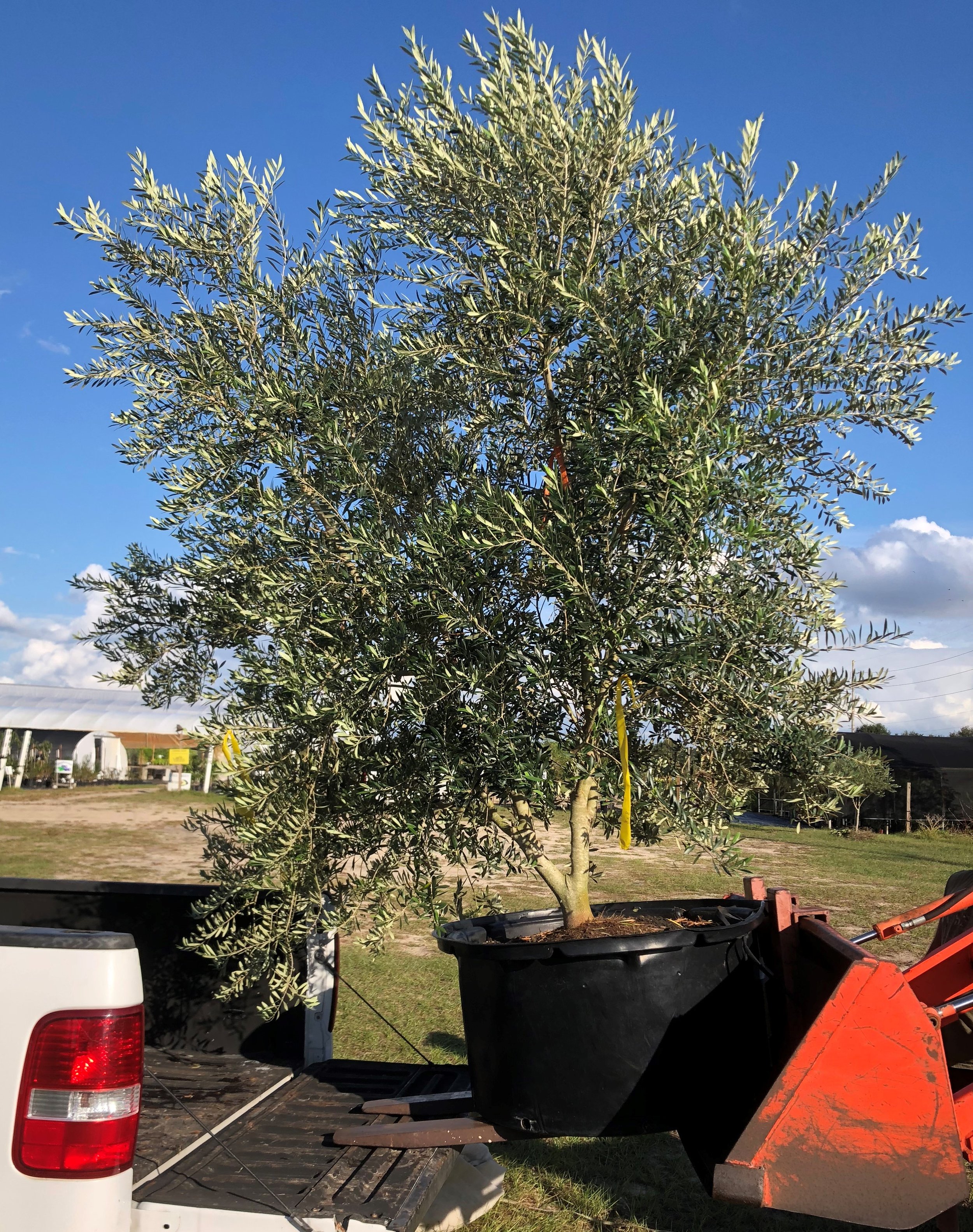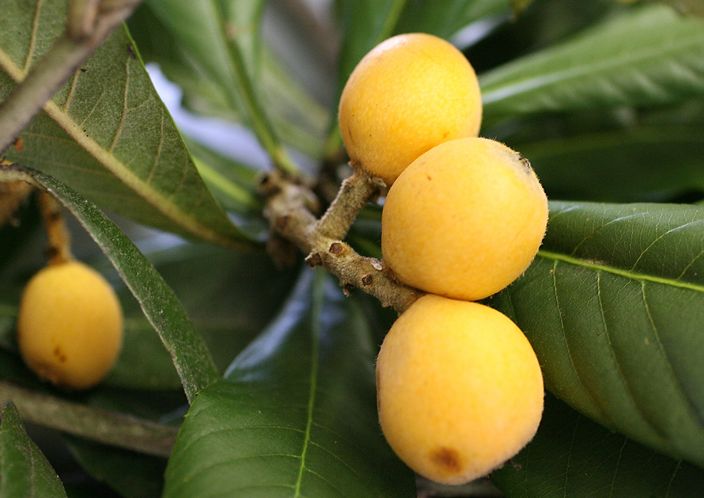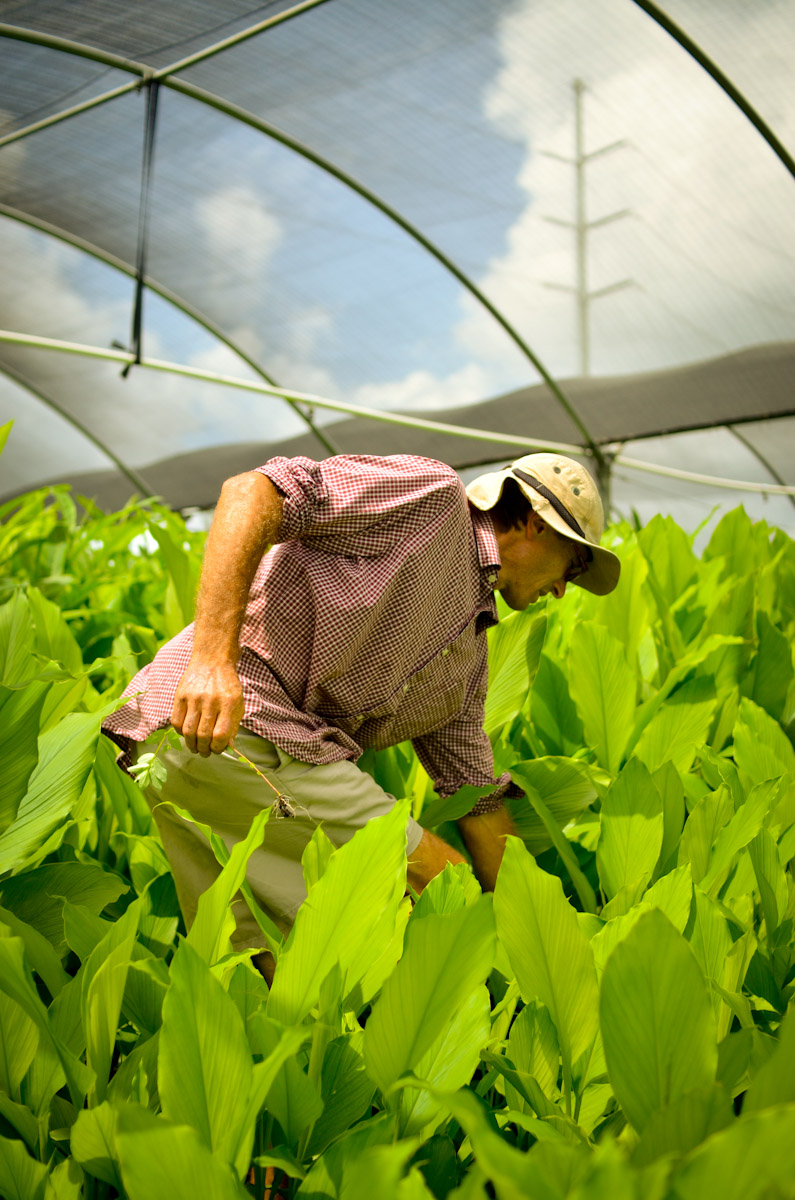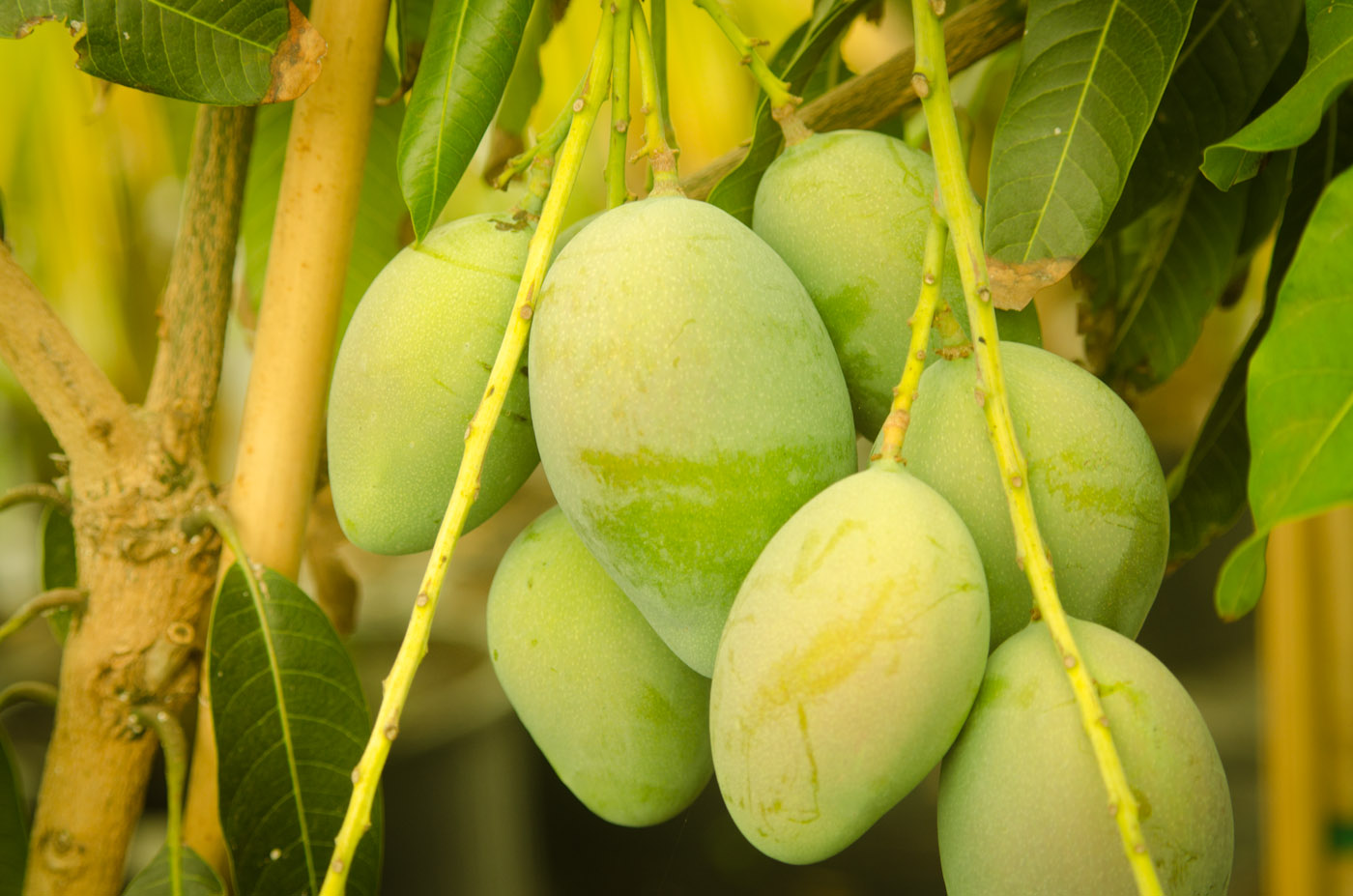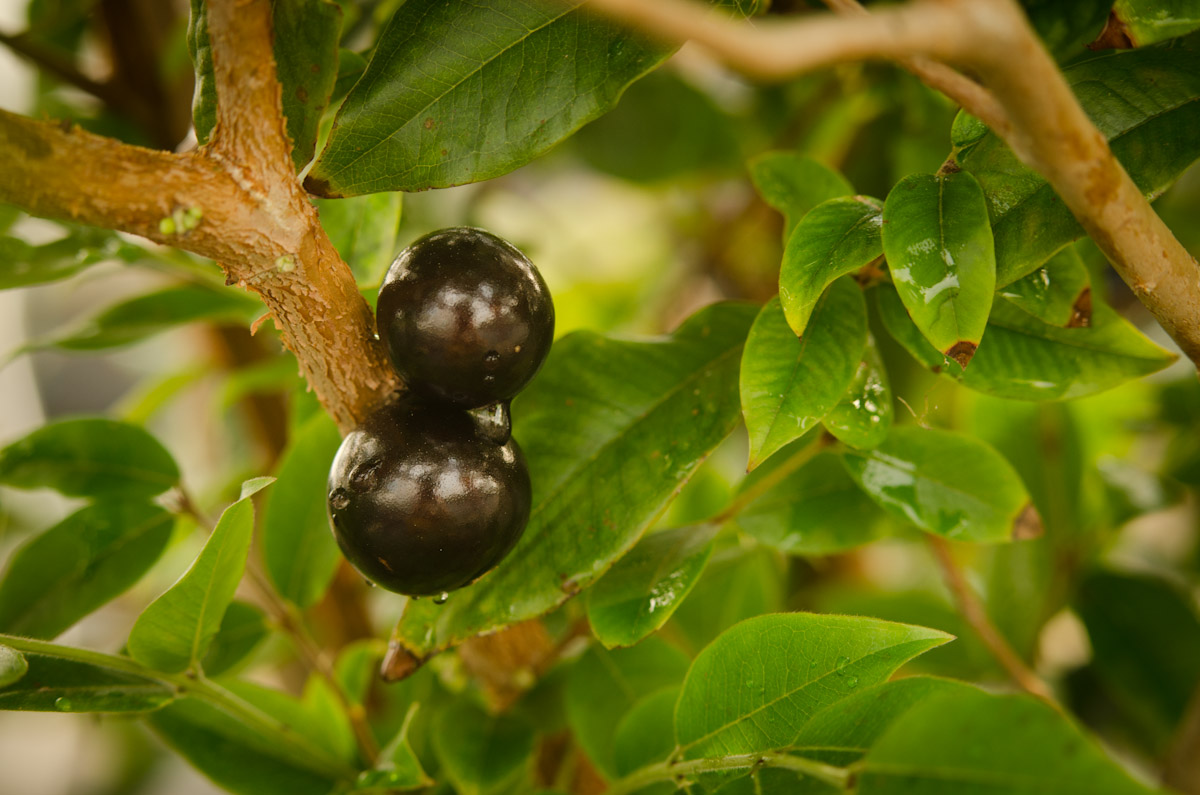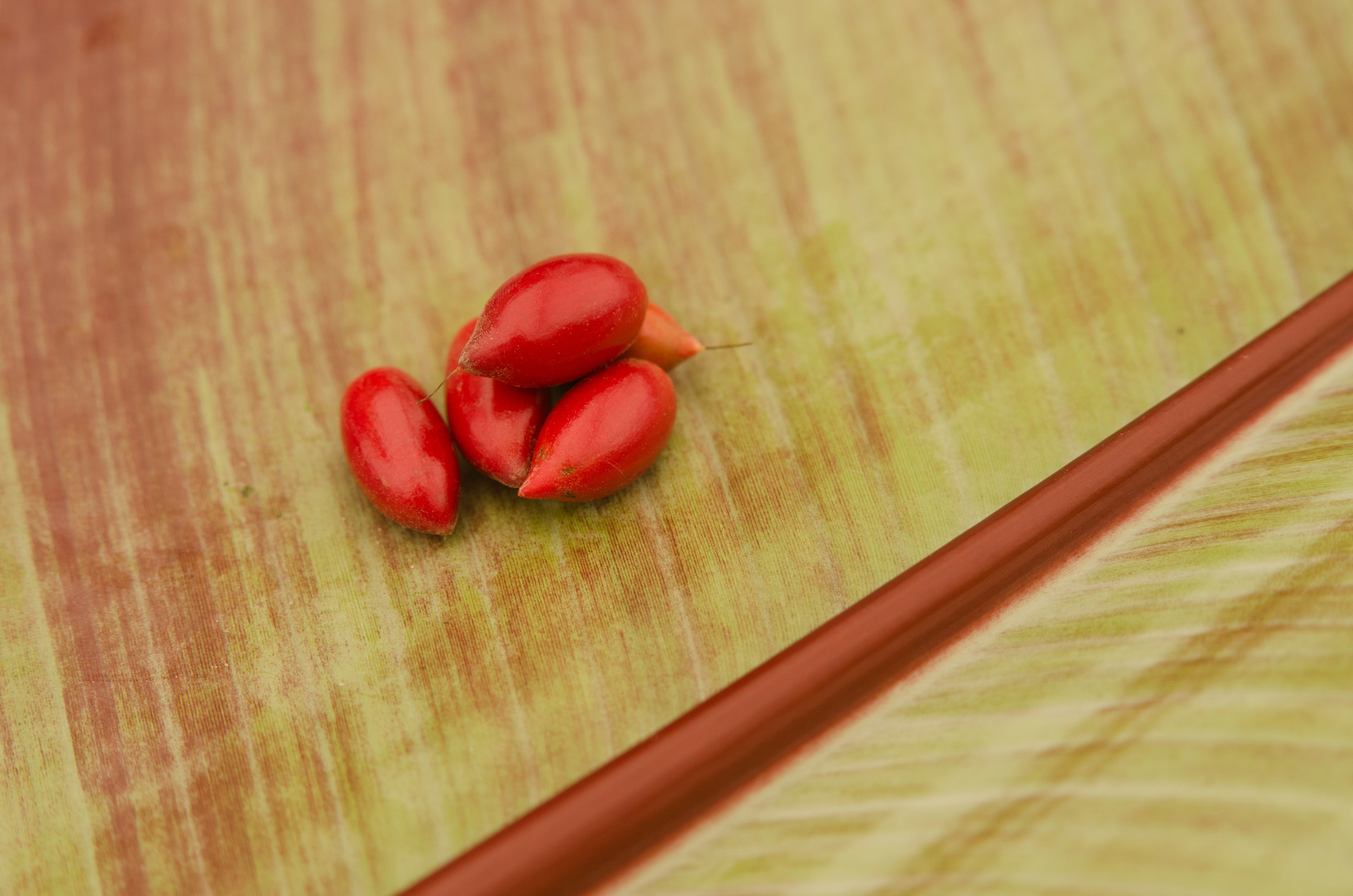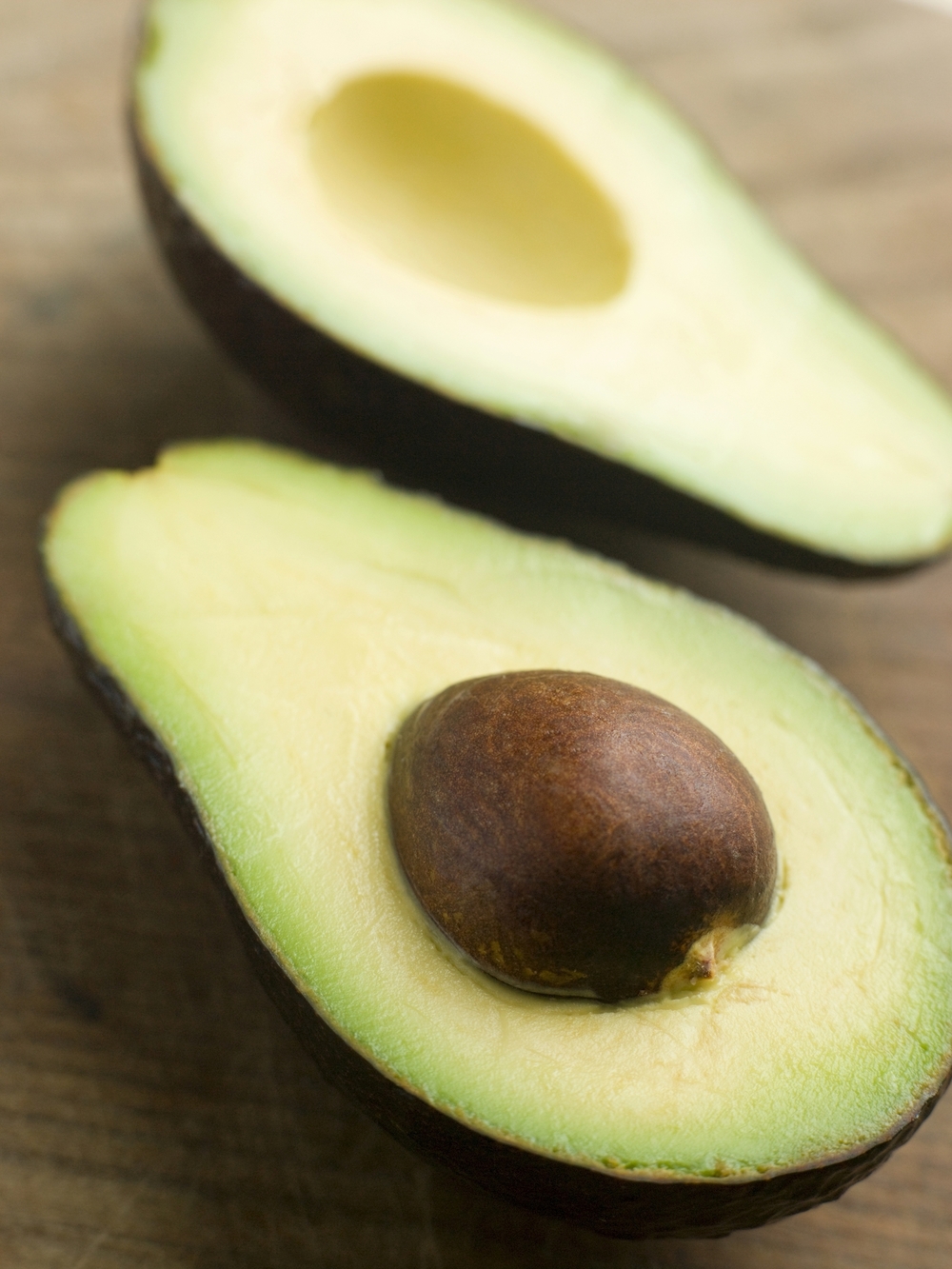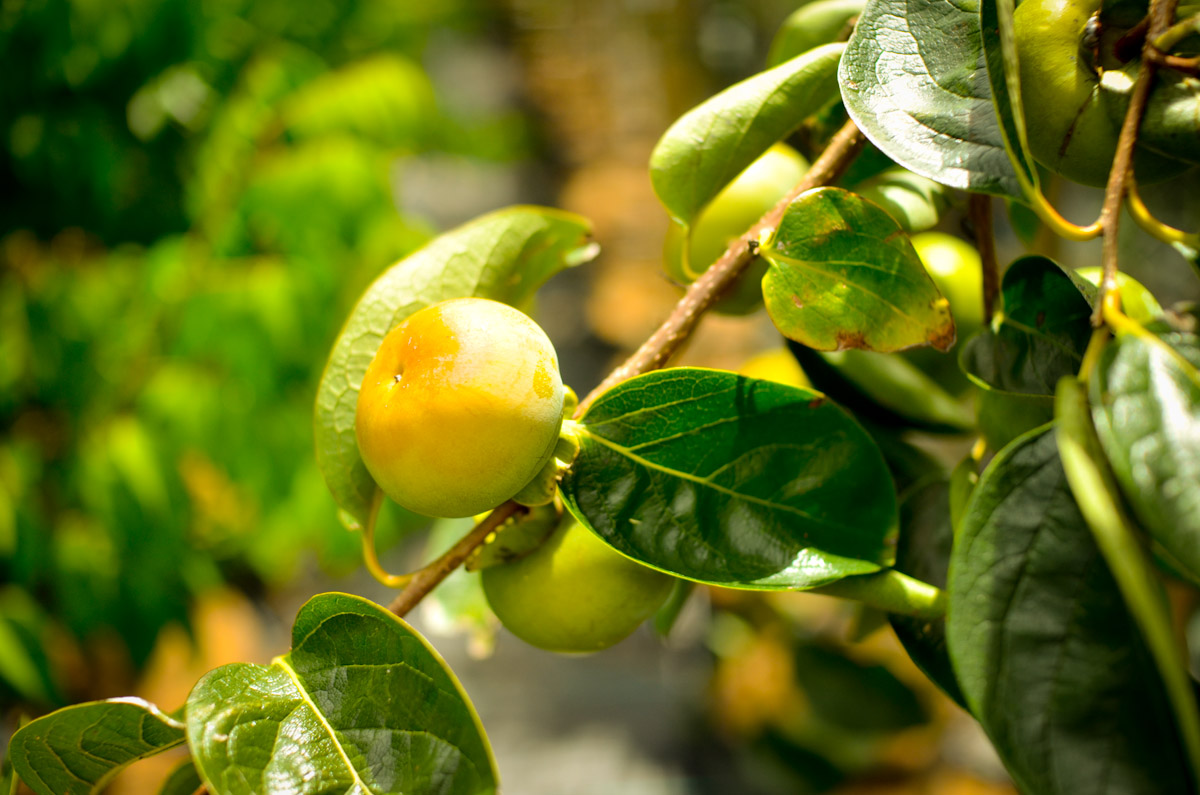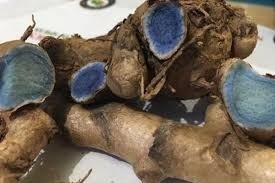Our History
Located in Howey-in-the-Hills, A Natural Farm & Educational Center is a family owned and operated farm specializing in Chemical Free Agriculture.
Founded in 2012 by Luc & Sonia Duytsche, the main focus on the farm is the production and selling of edible plants & medicinal plants, fruit trees, ginger & turmeric plants, blueberries & blackberries bushes and many more edible plants. The secondary mission of the farm is offering free or low-cost educational classes for both children and adults on sustainable farming, gardening and plant production through hands-on workshops.
Born in France, with background degrees in horticulture and business, Luc Duytsche has worked 20+ years in the states perfecting natural, chemical free gardening here in Florida. Arriving as a student intern in 1992, Luc began his career with a large Lake County tree farm and by 1994, he returned with his family to call Florida home. Since then, Luc worked for several plant nurseries before opening his own farm & educational center.
Natural Growing Practices
Realizing the harmful effects that synthetic chemicals have on the farm's workers, our customer's health & our environment, A Natural Farm relies on a 100% chemical free approach to growing healthy, poison-free plants. This means no artificial fertilizers, insecticides or herbicides are ever used on the farm. Worm castings, composted turkey & horse manures, biological insecticides & fungicides, such as neem oil, are utilized.
The farm is has a steady foundation built upon Luc's years of experience, developing techniques to eliminate pests, control weeds & grow sustainably without the need of synthetic solutions. For example, the farm utilizes mats made of natural components in each plant's pot to limit the amount of weeds. In addition, the seeds we use are not genetically modified or altered in anyway, reminiscent of the vegetables from our grandmother’s garden. The farm grows their plants just as nature has intended and with the tools Mother Earth has provided.
Consulting
With more people concerned with where their food is coming from & questioning how it is grown, modern farming operations are becoming obsolete. A naturalistic approach that cooperates with nature is needed to build an thriving & sustainable food production. Luc has dedicated himself & his farm to this type of practice and makes himself available to pass along this knowledge to others. Whether you are a family looking to start a healthy, cost-saving garden or a large agricultural operation seeking to regulate growing practices & increase responsibility, simply contact us below.
Phone
(352) 536-3112
Location
23630 Florida 19
Howey-in-the-Hills FL 34737
Hours
Mon–Sat 9 AM to 5 PM









